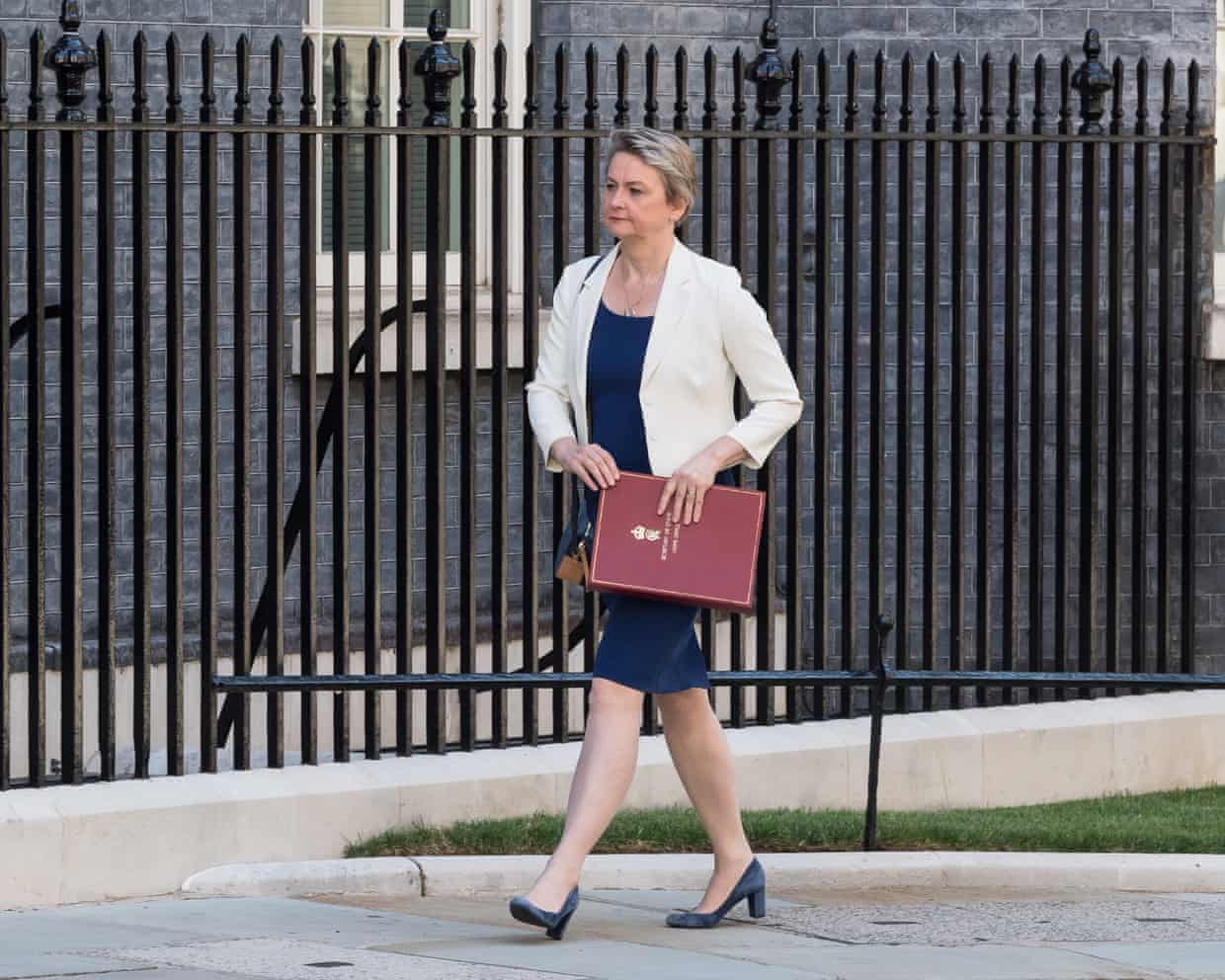Yvette Cooper Defends Migrant Returns Deal Amid Macron Critique

The UK Home Secretary, Yvette Cooper, recently defended the government’s migrant returns deal but refrained from addressing comments made by French President Emmanuel Macron. This exchange occurred amid discussions surrounding the challenges of illegal migration, particularly in light of the implications of Brexit.
During a session in the UK Parliament on November 14, 2023, Cooper faced questions regarding the effectiveness of the returns agreement established with France. This deal is designed to facilitate the return of migrants who arrive in the UK after crossing the English Channel. Although she emphasized the importance of the agreement, Cooper avoided directly commenting on Macron’s assertion that Brexit has complicated the UK’s ability to manage illegal migration.
Macron’s remarks highlighted a growing frustration among European leaders regarding the UK’s post-Brexit migration policies. He stated that the departure from the European Union has hindered collaborative efforts to combat illegal crossings. Despite the challenges, Cooper maintained that the UK government remains committed to addressing the issue of illegal migration through bilateral agreements.
In her statements, Cooper outlined the measures being implemented under the migrant returns deal, which she described as vital for both the UK and France. She noted that the agreement would enhance cooperation between the two nations and improve the handling of migrants attempting to traverse the Channel.
The Home Secretary’s emphasis on the UK’s sovereignty in managing its borders resonated with many MPs who support strict immigration controls. Nonetheless, critics argue that Cooper’s failure to engage with Macron’s comments reflects a broader issue with the UK government’s approach to international cooperation on migration.
As the debate continues, the UK faces mounting pressure to demonstrate effective management of illegal migration. Recent statistics have shown a rise in the number of crossings, prompting urgent discussions within the government about the adequacy of current policies.
Cooper’s defense of the migrant returns deal signifies an ongoing effort to navigate the complex landscape of migration in a post-Brexit context. As both the UK and France grapple with these challenges, the effectiveness of their cooperation will remain under scrutiny.
This political dialogue not only impacts domestic policy but also shapes the relationship between the UK and its European neighbors. The ramifications of Brexit continue to unfold, influencing not just trade and economic relations but also critical issues surrounding migration and border security.
Moving forward, both Cooper and Macron will likely face continued pressure to deliver results that address the mounting concerns of citizens regarding illegal migration. The outcome of their negotiations may well define future relations between the UK and France in this crucial area of public policy.






